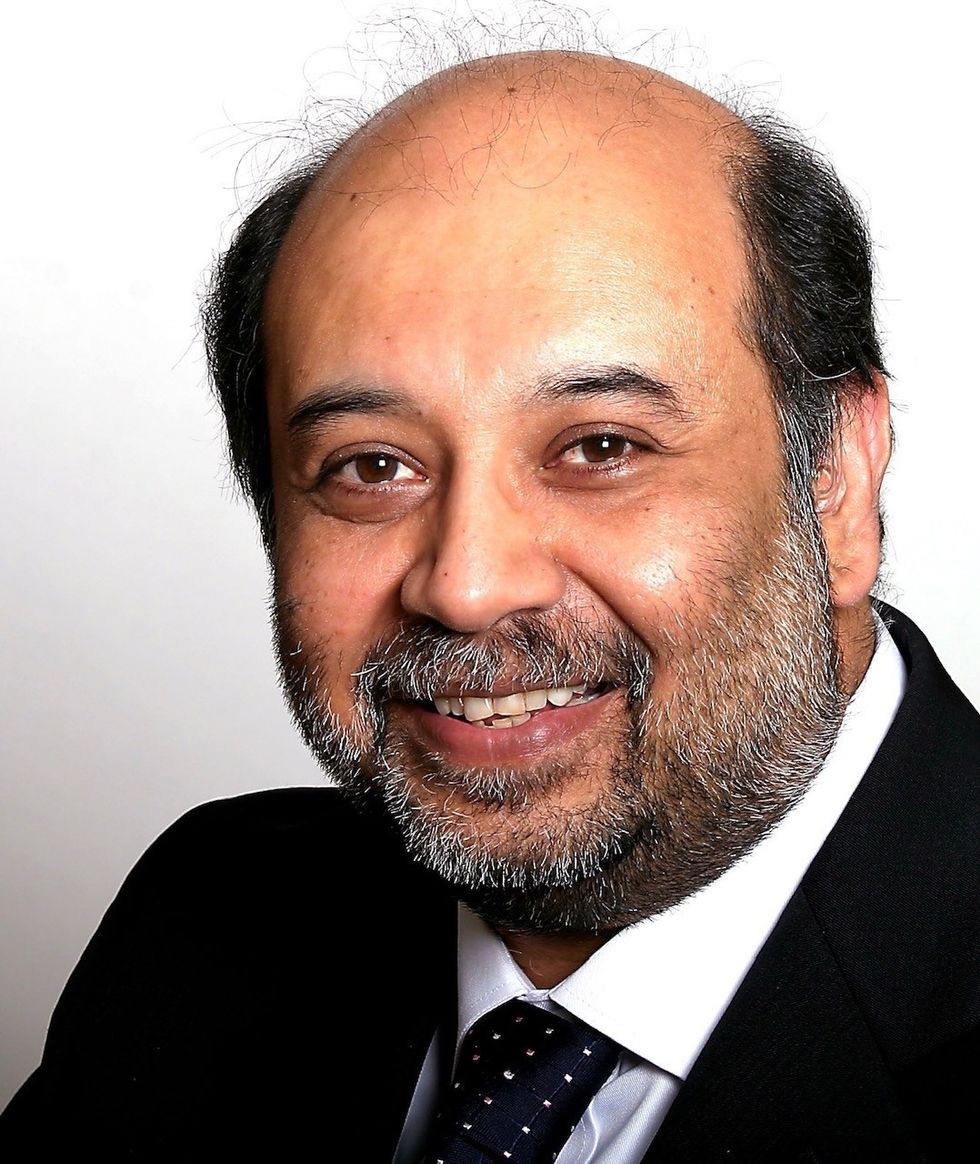A national community pharmacy prescribing service remains a long-term goal of the government, according to NHS chief pharmaceutical officer, David Webb.
The Labour Party in its election manifesto last year said it would “create a Community Pharmacist Prescribing Service, granting more pharmacists independent prescribing rights”.
All newly qualified pharmacists will automatically become independent prescribers upon registration from September 2026. This will lead to an estimated 2,600 pharmacists joining the NHS as independent prescribers.
Webb explained community pharmacies were valued members of the NHS and saw their role developing in the near future.
“Pharmacists and pharmacy technicians have a key role to play in helping frail, vulnerable and complex patients through primary care,” Webb told delegates at the Sigma Conference in Baku, Azerbaijan.
“Building on government's intention to launch a community pharmacy prescribing service, the independent prescribing pathfinder programme is developing a framework for community pharmacy clinical services with independent prescribing for NHS patients.”
Last month, pharmacy minister Stephen Kinnock announced that the evaluation of the Community Pharmacy Independent Prescribing Pathfinder Programme could be completed by Autumn 2025.
He emphasised that the programme’s learning will focus on five key domains: clinical; digital; governance and safety; people; and funding and contracts.
Currently, a small number of independent prescribing pharmacists are working in community pharmacy in England. However, NHS England has yet to commission national clinical services that allow them to issue NHS prescriptions.
Webb insisted he was excited about the future of community pharmacy despite the current “uncertainties and pressures” the sector faces.
He revealed that the government’s 10 Year Health Plan and Spending Review are likely to be published next month and he anticipated announcements concerning community pharmacy.
“The plan will set out a vision and strategy for the NHS as a whole, and that includes community pharmacy,” he said.
“We won't know what's in the plan until it's published, but nevertheless, I'd like to share with you some scene setting thoughts from my own perspective - these are not based on any particular knowledge of things at the moment.
“Pharmacy and medicines optimisation are critical elements in the shift from hospital to community, from treatment to prevention and from analogue to digital.
“Pharmacy expertise is absolutely essential in all NHS teams across all sectors and pharmacists and pharmacy technicians are highly skilled professionals, respected by the public, who are ready to make a profound contribution to achieving the vision of the 10 Year Health Plan in terms of prevention, long term condition management, patient safety, elective recovery and much more.”
Webb also praised the contributions of pharmacy technicians, describing them as practitioners in their own right.
“I'm particularly pleased with the response we've had to the community pharmacy technician apprenticeship program and to announce that we will be supporting another 525 learners this year, which will launch shortly, and developing the role of pharmacy technician,” he said.
“Technicians, as practitioners in their own right, enable pharmacists across primary care to move into mainstream, independent prescribing to support workforce challenge. It's important we move together on the development of both professionals.”









 Hemant Patel
Hemant Patel Pic credit: iStock
Pic credit: iStock Pic credit: istock
Pic credit: istock Pic credit: iStock
Pic credit: iStock



![Potential Side Effects of Mounjaro [What You Need to Know]](https://www.pharmacy.biz/media-library/image.jpg?id=54516976&width=1245&height=700&quality=90&coordinates=0%2C29%2C0%2C29)



